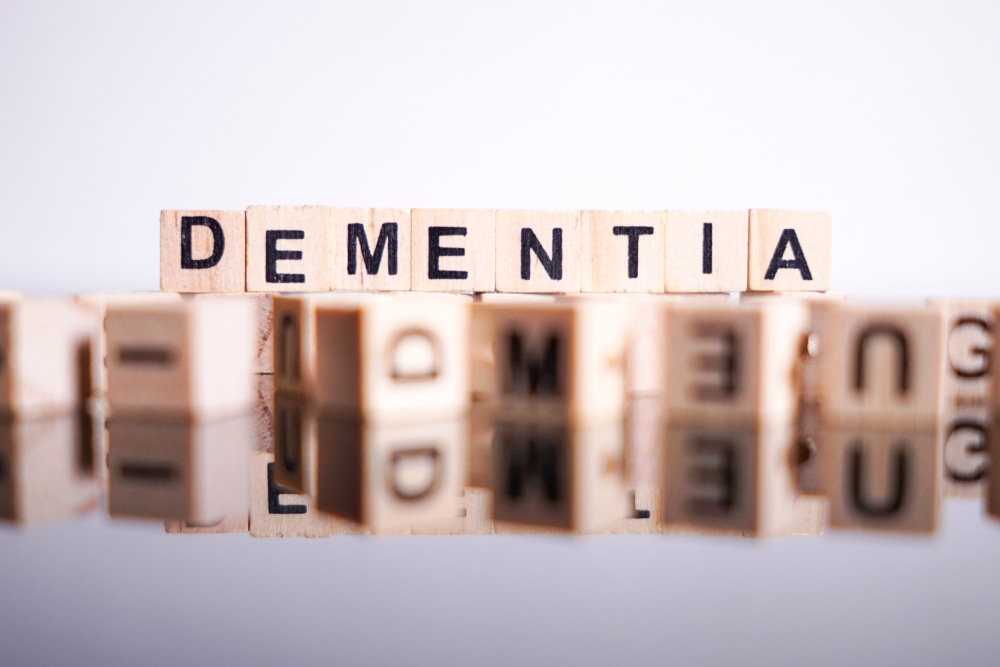The more you understand about dementia the better placed you are to provide the best care for your loved one. Christina Neal reveals six key things she wished she knew about dementia when her mum was first diagnosed.
1. Dementia is about much more than losing your memory
Dementia can affect many aspects of someone’s quality of life and isn’t just about struggling to remember things – it can cause mood changes, affect a person’s judgement and personality (they can become confused, suspicious or angry for instance) and can also result in increased falls as a person becomes less able to judge widths and distances. Retired headteacher Keith Oliver, who has Alzheimer’s disease, says: ‘Please understand that dementia isn’t just about memory loss. It’s a much more complex disease than that and it has a great impact upon the person and those close to them.’
2. Following storylines can be very challenging for a person with dementia
For most of us, it can be relaxing to read a good book or watch a film. For a person with dementia, it can be frustrating as it is often a challenge to follow or remember a storyline. Keith Oliver says: ‘I’m reading a book at the moment and I can’t remember it but I’m determined to get to the end because that’s the challenge – the challenge is to finish this book and enjoy it.’
3. Being involved in social activities can make a real difference
Going out, meeting others, getting involved in local activities or community events can make a big difference to the wellbeing of the person with dementia, especially if they are usually quite sociable. Having someone to go out with can really help. ‘When I go to events, either my wife will come with me or a supporter will come with me,’ says Keith. ‘This gives me support, friendship and laughter at times.’
4. Things can seem more black and white when you have dementia
You might have a dry sense of humour and be used to cracking subtle jokes, or you might have shared a similar sense of humour with a person with dementia. But they may lose their ability to see things the same way. ‘Sense of humour is not as good,’ says Keith. ‘I’ve lost the ability for nuances and subtleties which at times can cause some grief because my wife will say something to me in humour and I don’t see the joke at all and take it very literally. You see things in monochrome, you don’t see the richness of things.’
5. Dementia can affect moods and energy levels
A person with dementia is having to work harder than the average person to get things done or process information. This can be not only hugely frustrating but also mentally and physically very draining. ‘Dementia does affect your mood and it makes you more tired as well,’ says Keith. ‘You are pre-rehearsing stuff and you are having to work harder to get to the same place you would have got to quite easily before, so inevitably that affects your mood as well. Frustration is hard. I do get frustrated and frustration in some people leads to anger.’
6. A person with dementia will detect your moods
If you are feeling low, tired, or frustrated they will pick up on how you are feeling, regardless of what you say or how polite you are. I witnessed this once with my mother whom, in the mid-stages of vascular dementia, once said to me: ‘I get the impression you don’t like me very much’. This wasn’t true, but we’d had a particularly difficult phase where I felt very tired and was struggling to cope with caring for her. Although I hadn’t been verbally rude, she had picked up on my frustration and sadly had wrongly assumed it was directed at her rather than being caused by the stresses of being a carer.

no comment